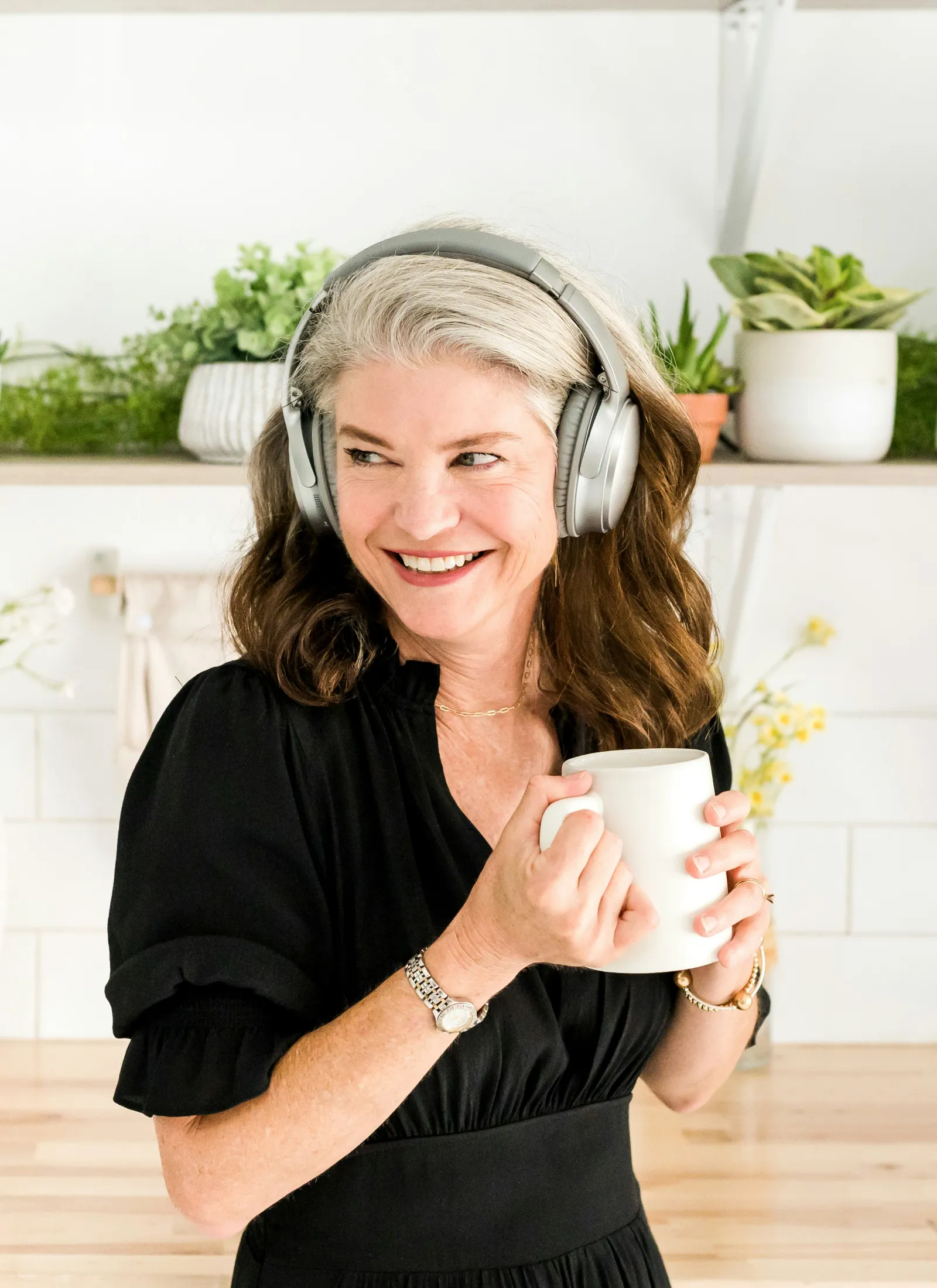
The Phone Call That Saved My Life
I was at home in the same clothes I'd slept in when my phone rang on that October Sunday afternoon in 2017. I almost didn't answer it.
Unknown number. Sunday afternoon. I'd just come home from a medical alcohol detox that morning and was floating in that dangerous space where you feel physically okay but have absolutely no intention of doing anything about it. Recovery? That was for other people. I'd been medically cleared— - ob done, problem solved.
But something made me pick up.
"Hello, Dave? This is Helen from Forward Leeds. We'll see you here tomorrow morning."
It wasn't a question. It wasn't an invitation. It was a statement delivered with the kind of authority that cut through all my excuses.
"I don't want to go out tomorrow," I said, which was the truth. I didn't want to go anywhere or see anyone.
"That's not really up for discussion," Helen replied. "You need to be here. Tomorrow morning."
And then she hung up.
The Dangerous Space of "Almost Better"
Here's what I thought I knew about recovery: I'd been medically cleared. The alcohol was out of my system. I was "better." I could handle this on my own, just like I'd handled everything else in my life.
I'd failed at sobriety before using this exact logic. Get clean, feel better, assume I was cured, then gradually slide back into the same patterns that had nearly killed me. It's what I call the arrogance of almost-recovery - believing that clearing the poison from your bloodstream is the same thing as healing the reasons you put it there in the first place.
This phone call was different. Helen wasn't asking if I felt ready. She wasn't inquiring about my motivation. She was telling me what was going to happen, with the kind of certainty that lands right in the part of your brain that recognises truth.
The Community I Didn't Know I Needed
The next morning, I begrudgingly took the bus into Leeds city centre, muttering about pushy recovery workers. I was annoyed, resentful, and absolutely certain this was a waste of my time.
I was also about to walk into the room that would save my life.
Forward Leeds wasn't what I expected. It wasn't a sterile clinical environment or a church basement filled with folding chairs. It was a beautiful old building that felt more like a community center. And the people there weren't the "dropouts and losers" I'd imagined.
They were artists and accountants, mothers and mechanics, people who'd lost everything and people who'd never had much to begin with. What they shared wasn't their backgrounds - it was something much more profound. They'd all found what I was desperately seeking: a place where their story didn't make them an outsider but brought them home.
The Difference Between Trying and Belonging
I ended up going to Forward Leeds every single day for six months. Every. Single. Day. Even though it was a trek across the city. Even though I had no requirement to be there. Even though I could have easily made excuses to stay home.
Here's what I discovered: there's a massive difference between trying to get sober and belonging somewhere while you get sober.
All my previous attempts at sobriety had been solo missions - me against the bottle, willpower against craving, white-knuckling my way through each day until I inevitably gave up. But Forward Leeds offered something I'd never experienced: a community where recovery wasn't a project you worked on in isolation but a life you built alongside others doing the same work.
Helen had seen something in me that I couldn't see in myself. She'd known that I was one phone call away from disappearing back into the fog, and she'd refused to let that happen.
Why That Phone Call Changed Everything
Looking back, that phone call was a masterclass in effective intervention. Helen didn't try to convince me I needed help - she simply removed the option of not getting it. She didn't appeal to my motivation or wait for me to feel ready. She understood that sometimes help has to be offered before it can be chosen.
There's something profound about having someone believe in your recovery before you do. It creates a kind of scaffolding that holds you up until you're strong enough to stand on your own. Helen's certainty became my certainty, borrowed until I could find my own.
The Ripple Effect of One Moment
That phone call didn't just save my life - it changed everything that came after. Within a month, I was helping Forward Leeds with their website. Within a year, I was working there full-time. Within five years, I'd trained as an addiction counsellor and launched Phenomenal.
But more than that, it taught me something essential: transformation rarely happens alone. The myth of pulling yourself up by your bootstraps is exactly that - a myth. Real change happens in relationship, in community, in the space between people who see your potential when you can't.
What This Means for Your Journey
Today, when I work with clients through Phenomenal, I think about Helen's phone call constantly. Not everyone needs the same intervention, but everyone needs someone who's willing to interrupt their story of isolation with an offer of connection.
The person struggling with addiction isn't just fighting a substance - they're fighting a story about themselves that says they have to do it alone. The most powerful intervention isn't always the most dramatic one. Sometimes it's just a voice saying, "You don't have to figure this out by yourself."
Your "Helen" Might Be Waiting
If you're reading this and recognising yourself in the story - floating between "fine" and falling apart, between wanting change and not knowing how to create it - I want you to know something: your Helen might be waiting for you to answer the phone.
It might not be a recovery center. It might be a therapist, a support group, a friend who's been trying to have a difficult conversation with you. It might be that program you've bookmarked but never contacted, that book you've bought but never opened, that conversation you've been avoiding.
Recovery rarely begins when we feel ready for it. It begins when someone or something interrupts our carefully constructed isolation with an offer of connection.
You Don't Have to Wait for the Call
Here's the beautiful thing: unlike me, you don't have to wait for someone else to make that call. You can be your own Helen. You can interrupt your own story of isolation and reach out for the connection you need.
Maybe that's contacting a program like Phenomenal. Maybe it's finally having that conversation with your doctor, your partner, or your friend. Maybe it's simply admitting that the voice in your head saying "you can handle this alone" might be the same voice that's been keeping you stuck.
The question isn't whether you're ready. The question is whether you're willing to let someone help you discover what's possible when you don't have to do it alone.
The Call You Can Make Today
Your transformation doesn't have to wait for an intervention from someone else. It can begin with your decision to reach out, to explore, to consider that there might be a different way.
What would it look like to be your own Helen today? What conversation have you been avoiding? What support have you been putting off exploring? What would it mean to stop waiting for help to find you and start looking for the help that's already there?
Ready to Make Your Own Call?
Discover how Phenomenal creates the kind of community connection that makes lasting change possible—without waiting for someone else to make the first move.











